Making a career from sleep – How to improve your sleep.
Thursday 22 February 2024
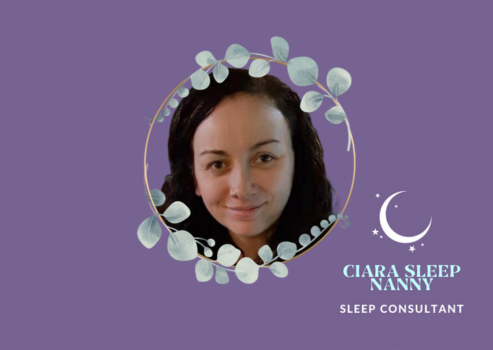
As crazy as it may sound to you yes you can absolutely make a career from sleep unfortunately this is not a career based around you sleeping but helping others to have more restful nights. Sleep is a very important element in my personal and work life. As a mum of two tiny humans, sleep can at times take a nosedive especially lately as we navigate sick season, we are almost at the end HOPEFULLY. Sleep is obviously a central role in my work life, I work with families to help them getting their little ones sleeping better. But how did I even get here? I worked as a secondary school teacher for 10 years even in that profession you could see the importance of sleep and how a well-rested student could perform much better than one who wasn't. Or how a student’s performance would vary and once you had a chat with them it was not unusual to find out sleep had played a role. As a teacher that last lesson on a Friday was one to fear even with a well-rested teacher and students. The planning of that lesson always required a little more care and attention as at the end of the week we were all tired and ready for the weekend and work was the last thing on anyone’s mind.
My family’s sleep journey.
Fast forward to having my daughter and after getting some great sleep advice on how to get your little one into great sleep habits, my first child was a superstar sleeper and sleeping 8 hours a night at four weeks old even though she was breast fed. Then along came baby number two he was a very unsettled baby largely due to a tongue tie causing feeding issues of course around the same time my daughter decided sleep was optional. In my house sleep is non-negotiable. Therefore, the decision was made to hire a sleep consultant to help get my daughter back to her superstar sleeping ways. Once my son was feeding well and he was no longer in any discomfort. I then applied the same gentle sleep shaping principles I had followed with my daughter; this had my little man sleeping 8 hours a night by 8 weeks. I was then a very well rested mum of two superstar sleepers which started me on a path to becoming a sleep consultant and help other families find their own superstar sleepers.
How important is sleep?
I don't even think it's possible to express how important sleep is! When working with families often conversations around the importance of sleep and why we should make it a priority arises. This is normally around the time there little one starts to sleep better and in just a few days they start to see improvements in their mood, they start to eat better, fight this with their siblings and how everyone in the house is just overall happier and able to function better in everyday life. I will often talk with families about the crazy global sleep experiment that takes place twice a year you will know it as daylight savings. In the spring when we loss an hour’s sleep. On that Monday after the change, it is reported that there is a 24% increase in heart attacks. In the winter when we gain an hour of sleep back the Monday after the change there is a 21% decrease in heart attacks. Matthew Walker a prominent sleep researcher is reported to have said, “That’s how fragile and susceptible your body is to even just one hour of lost sleep.” Sleep is integral to everything we do from the processes in our bodies to how well we will perform at our jobs. We often find that even after one night of poor sleep or ability to concentrate or even carry out basic tasks can be impaired. I am often asked what you would say is the one most important reason why we sleep. I can never just pinpoint one answer. But in a world where sleep is often squeezed to get more done or be more productivity, I will often equate sleep to the most important part of anyone’s self-care routine. We are bombarded with spa days, medication retreats as forms of self-care as much as these days are amazing and enjoyable. You want to look after yourself in a way that wont cost you anything just have a nap or and early night. Without a doubt a little extra sleep in the tank can make a world of difference.
What happens when you don’t get enough sleep?
The outlook is grim if you are not getting enough sleep. Everything will be affected from your ability to process and remember information to your body’s ability to repair itself. I find that most people are shocked to find that anything less than 6 hrs sleep per night can be considered as sleep deprivation. The NHS recommends that the average adult gets between 7-9 hours’ sleep per night. It is also widely believed that women need more sleep the men. There have been several reasons suggested for this increased need for sleep they included fluctuations in hormones caused by a woman’s monthly cycle. In additional women also use more of their brain, so it is posseted that more sleep is required to sustain increased brain function. When we are in a sleep deprived state our brain function can equate to that of someone who is legally drunk. Despite being cognitively impaired after a bad night of sleep or several nights of poor sleep, people in all walks of life from doctors, politicians and parents will regularly go about their jobs in a state of sleep deprivation. It has been illegal to drive in the UK while under the influence of alcohol since the 1960’s largely due to the impact alcohol will have on a person’s ability to make decisions and their reaction times. In contrast people will get behind the wheel of a car while sleep deprive and largely not give it a second thought.
What steps can be taken to improve your sleep?
.png)
Mindset and sleep.
There are several steps you can take to improve your sleep the first step I would recommend would be to consider is your mindset around sleep. You brain is an amazing tool which will believe what you tell it. I often hear people saying I am just not a good sleeper; I just struggle to fall asleep etc. In reality is sleep is a basic biologic need that all humans need to live a healthy life. The first step to getting there is wholehearted believing you are in fact a great sleeper.
Your attitude to sleep.
Linked to your mindset is your attitude towards sleep do you value sleep? Do you make it a priority? One of the easiest ways to make sleep a priority is to set a time to go to bed and wake up at the same time every day and night. This can help with setting your circadian rhythm, which is your natural 24-hour body clock this tells you when you should be awake and when you should be asleep.
Night-time routine
A great way to set yourself up for success at the onset of sleep is a night-time routine consisting of a simple set of steps you follow on the lead up to going bed giving your brain all the messages that it needs that sleep is coming. 3 to 4 steps you follow in the same order every night. This can start up to an hour before you to bed buy putting your devices and limiting your access to light to help will the release of melatonin the sleepy hormone.
Sleep environment
Another factor to take into consideration when wanting to improve sleep is your sleep environment and is it conducive to sleep? Is it calm and peaceful? It the temperature, right? Is your bed comfortable? Although there are recommendations for these they can vary from person to person. Some people will prefer slightly warm room to fall asleep while others will prefer it cooler. What one person finds calm and peaceful may be over stimulating for someone else. You need to consider what works best for you,
What to do when you wake in the night
Then comes a dreaded night waking and you just can not get back to sleep. What do you do? I would suggest that after around 20mins of trying to get back to sleep you get out of bed. Although this might seem counterintuitive you don’t want your brain to associate being awake and laying in bed. During this time stay away from devices they emit a blue light which is the same light given off by the sun this will tell your brain it is morning and time to be awake, which is the exact opposite of what we want. Instead try reading in dim light until you begin to feel tired again return to bed and begin to go back to sleep.
Ciara Lappin
Infant and Child Sleep Consultant
Providing loving and responsive sleep solutions Supporting sleep deprived parents
Email: ciara@ciarasleepnanny.com
Website: www.ciarasleepnanny.com
Instagram:Ciara Sleep Nanny (@ciara_sleep_nanny)
Author Ciara Lappin
Thursday 22 February 2024




 Contact us
Contact us
 Share on social
Share on social Share with a friend
Share with a friend Facebook
Facebook LinkedIn
LinkedIn
 Twitter
Twitter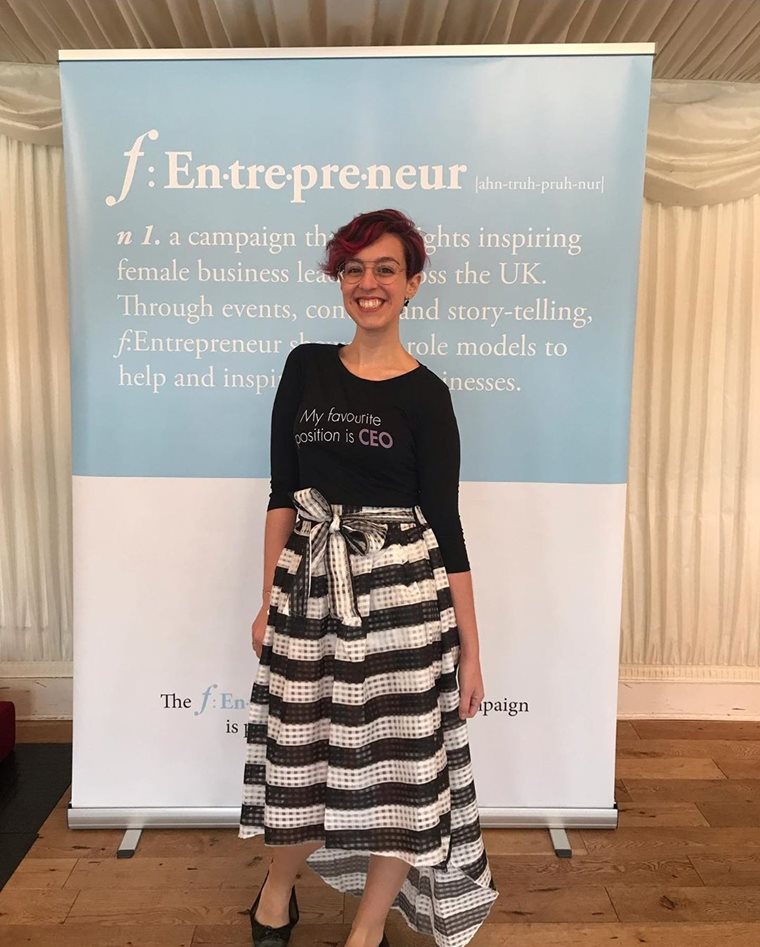
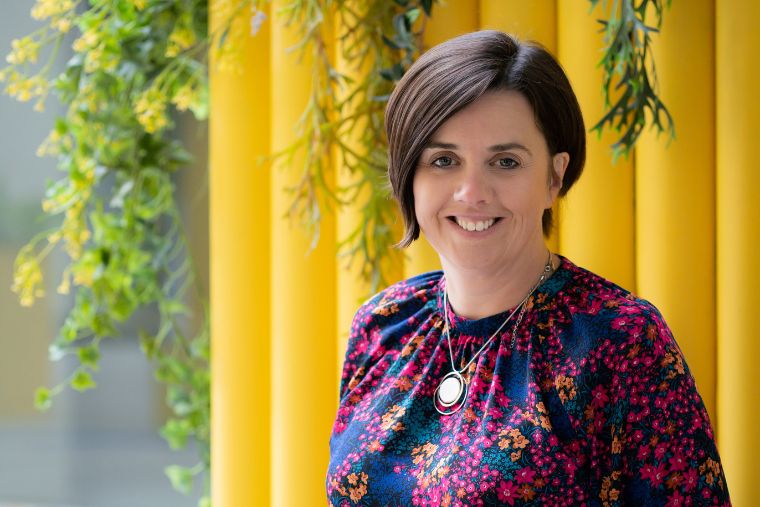

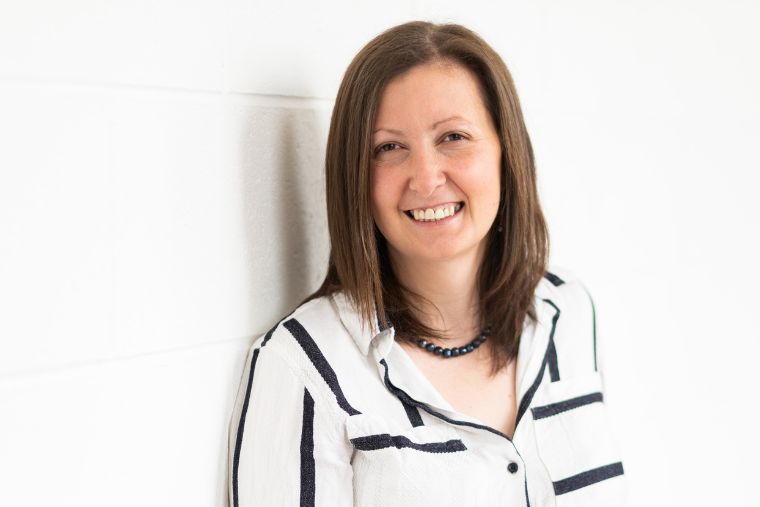
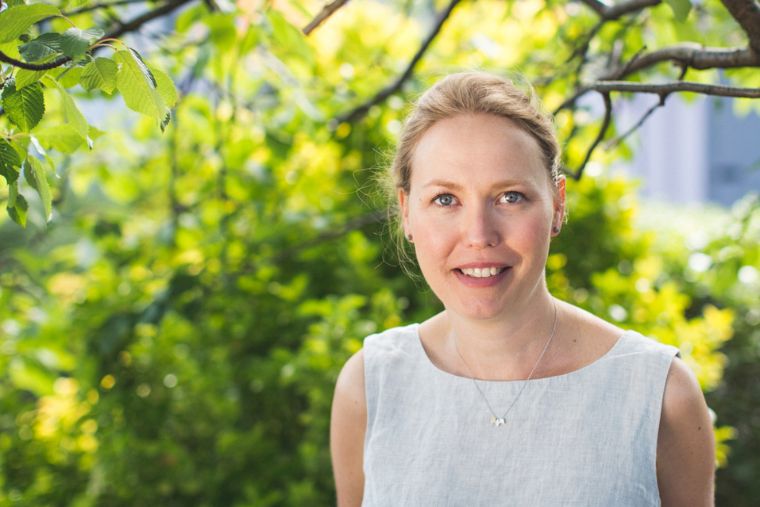

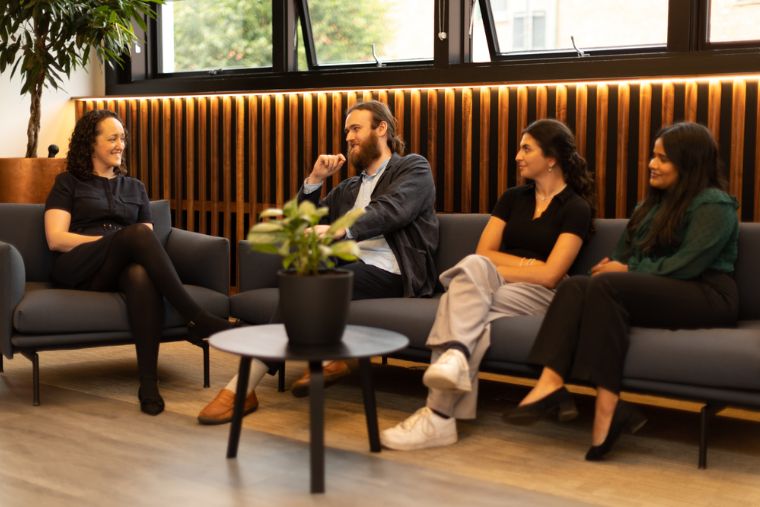

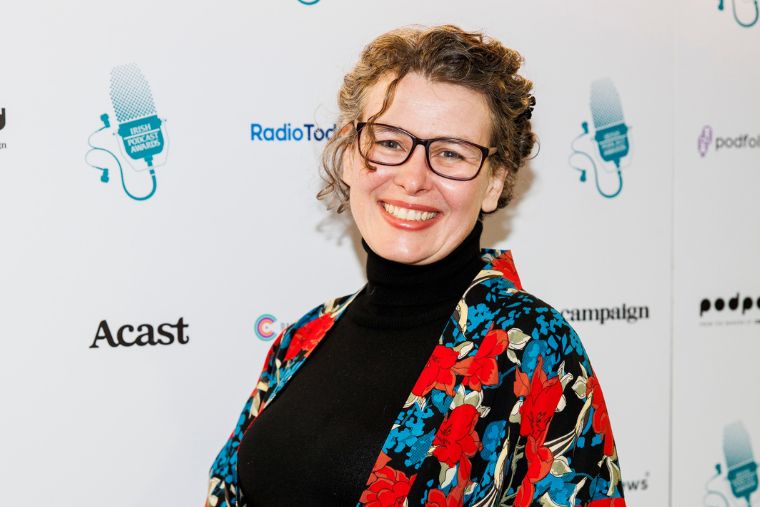
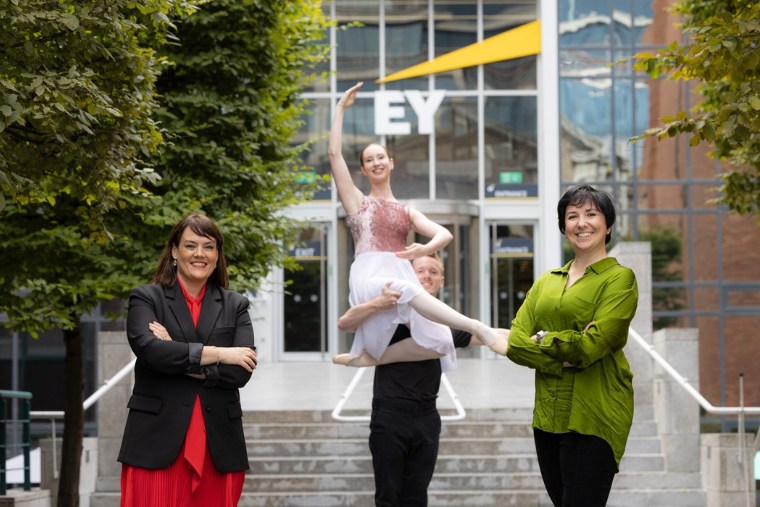
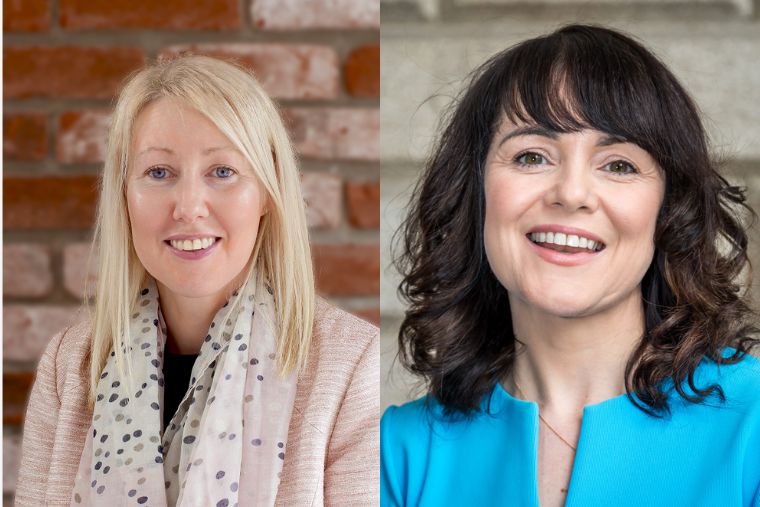
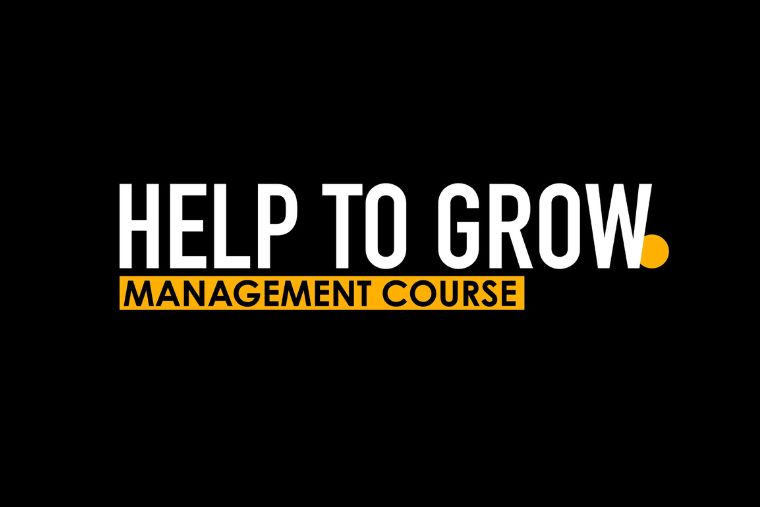



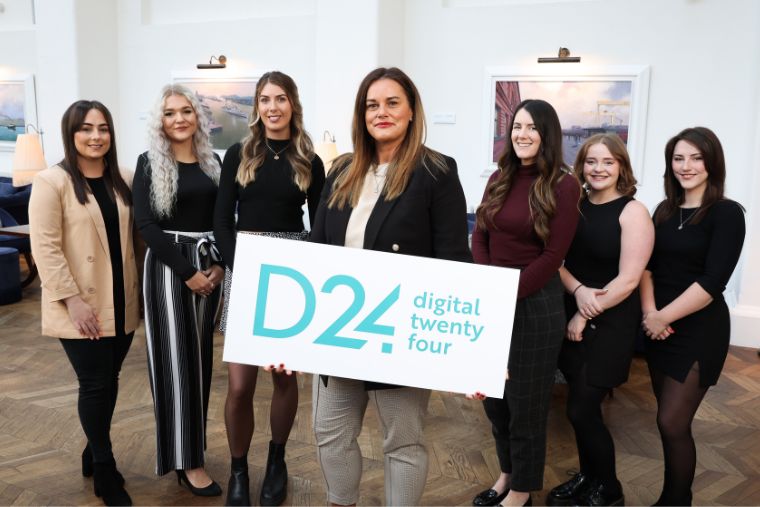
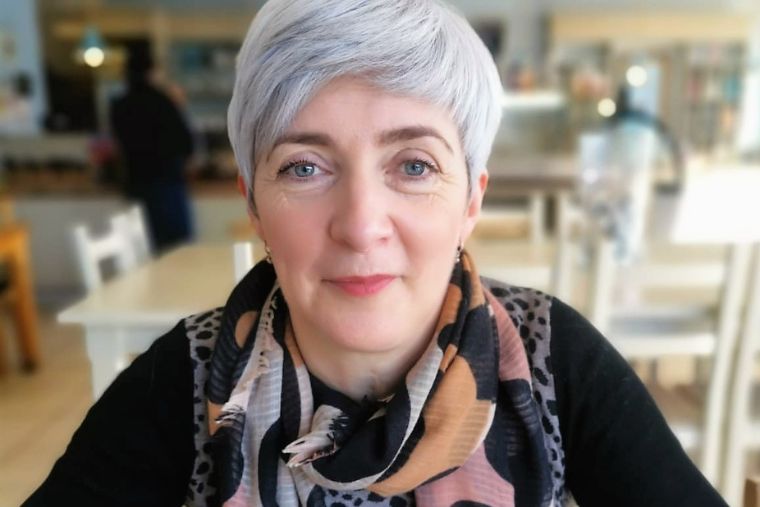
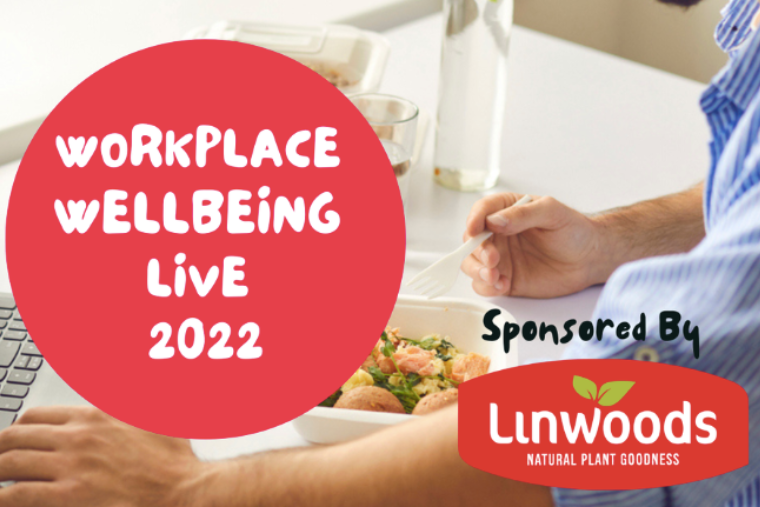

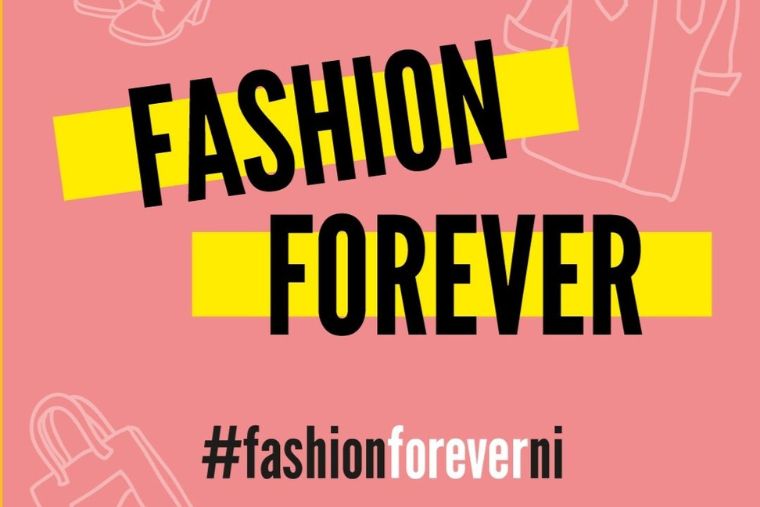
 Get in touch with us
Get in touch with us